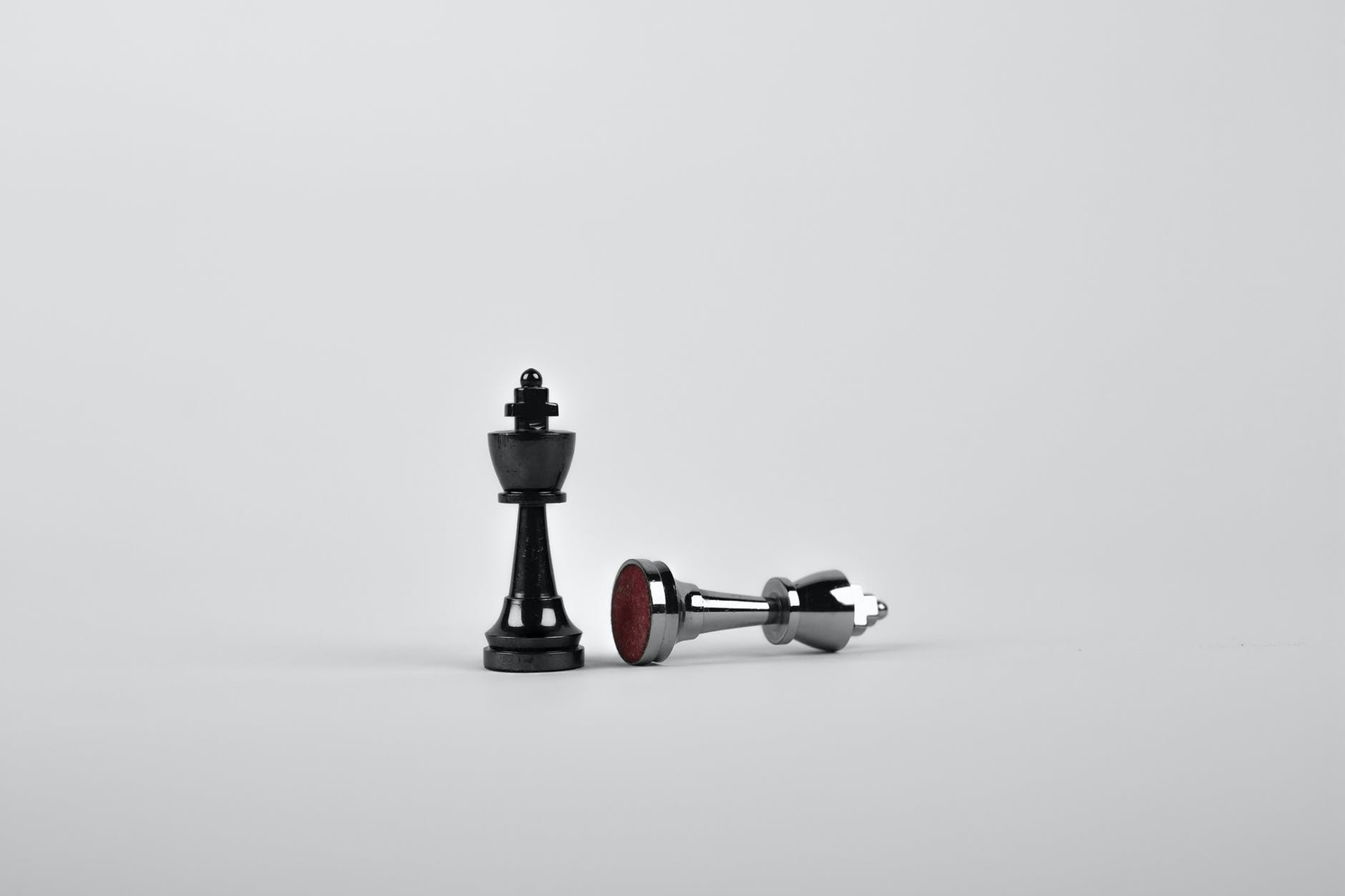The history of bookmakers
The first bookies were established in England in the early 18th century. Since then, people have tried to beat them by gambling with them and increasing their own wealth. Many people have lost a lot of money trying to do so, but is it really possible to beat bookies?
In-play betting has been available online since 1999 when Betfair was established. Most other companies followed suit between 2002 and 2004. In 2001, before internet in-play betting was widely available, just 3% of all bets were placed in-play compared to 96% today (Betting Business Magazine, 2013). Betting shops have seen a large decline in business. During 2003 GamCare launched the Responsible Gambling Strategy Board which aimed to “reduce the number of problem gamblers in society” (GamCare, 2014). By 2004 their efforts had dramatically reduced the number of people who are problem gamblers from 0.5%-0.8%.
What has changed?
Bookies have changed too. For instance, N1 Bet offers a more diverse range of bets with lots of different markets on each bet. There is no one event that you can bet on and cover all bases like there used to be when bookmakers only offered “win”, “each-way” and win-to-lose doubles (“What is bookmaking?”, nd). To beat bookies, we need to know how they make money and how we can do it better than them. Let’s start by looking at what they do: They set the odds of each event to be equal to how likely they think that person is to win.
“Odds are expressed in the form “decimal odds”, which means that the payout will be determined by dividing your stake by this amount (the decimal value).” (“What are bookmaker’s odds?”, nd)
When you bet, if your chosen competitor wins, you get back £100 for every £10 you bet. This is because of the 1.33 decimal odds. If you want to make money betting on a competitor who has decimal odds of greater than 1, then you need their likelihood of winning to be higher than 50% or more (50/50 chance). The only way that can happen is for someone else to lose. If bookmakers don’t predict that then they wouldn’t have offered decimal odds greater than 1.
How can you beat bookies?
1) Look at the previous results
You want to bet on competitors who are likely to win or draw, but not very likely to lose. You also need to know their true form so look back at their history and past competitions (which may be out of date).
2) Stake big
If you want an event with 10/1 decimal odds then your £50 bet will give you a potential return of £500 if the person wins (greater than 50%). To make money betting like this, you’ll need other people’s bets too. That means other people must think that the person is likely to win. If not, the bookies will have made a mistake and overestimated their chance of winning.
Staking big can be a problem because you might lose more money than you want to if they don’t win.
3) Bet frequently
Bet on several different competitors at small odds instead of betting a lot on one competitor at high odds. That way, your average odds are low and you always win something (instead of only making money if someone has big odds).
4) Combine strategies 1&3
Bet frequently but bigger amounts on people with a slightly higher than 50% chance of winning so that even if some lose, those who win will give you enough to counterbalance those losses. You need much more money than if you just followed strategy 3, but this is a more reliable way to beat bookies.
5) But don’t over-bet
You need enough competitors that the odds of them winning will be similar to their true chance of winning (so not too many or too few). You also need some big bets and some small bets. If you only bet with small amounts then the bookmakers might think that your competitors’ chance of winning is lower than it is. If they do, they might offer bad odds for those who win; therefore lowering your average return on investment (ROI). Avoid betting too much because:
- Your money could run out before you make any profit – this means there won’t be anything left to bet with.
- You might lose more than you are willing to if they don’t win.
- Bookmakers can tell when an event is about to start and will change the odds immediately once they know its true form (for example, what has each competitor done lately). This could cost you your money even though your competitors have a greater than 50% chance of winning.
6) Avoid bookmakers’ mistakes
If bookies wrongly think that an event is less likely to happen (for example, they thought the odds were good enough but now they’ve realised too many people betted on it), then their price has become greater than 0.5 (you get fewer wins for every 100 bets). If this happens, stop betting; find another competitor and bet elsewhere. Remember:
- You want a competitor with around a 50% chance of winning or more (but not too much more like 55%).
- You want lots of competitors with a similar chance of winning (so avoid events where the favourites have large advantages).


